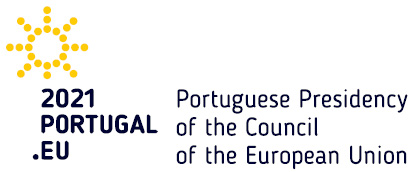The project “Support to the Implementation of the Strategies for IDPs, Refugees and Returnees – Legal Aid”, financed by the EU under the IPA funds, has been extended to June 2015, ensuring not only the continued provision of legal aid to refugees, internally displaced, and returnees in series of cases already initiated at various institutions and courts, but also launching and solving the new ones.
Browsing: Project Activities
The programme to support Roma employment has been created within „We are here together – European Support for Roma Inclusion“ project financed by the European Union and implemented by OSCE Mission to Serbia.
The project “Cross-border Flood Protection and Rescue” which was funded by the European Union ended on April 14, 2014, only a month before worst floods that hit Serbia in a century. The activities that were released during the project, found their practical purpose during the catastrophic floods which affected Serbia.The beneficiaries who were participants of this project, actively took part in the rescue.
Finland and Serbia will work together on the twinning project “Improving tobacco control in the Republic of Serbia” aimed at protecting present and future generations from this incessant disaster, Finnish Ambassador Pekka Orpana said at the meeting organised by the EU Delegation to Serbia and EU Info Centre on the occasion of World no tobacco day.

European Union is ready to support Serbia along its path towards membership, but the accession process must be transparent and include all key stakeholders, the President of European Commission Jose Manuel Barroso said after meeting Prime Minister Aleksandar Vucic in Belgrade.
Fight against drugs is an integral part of the EU accession process which is why the EU has invested EUR1,5 million in a key project aimed at adjusting standards and policies with those of the EU, said Head of the EU Delegation to Serbia Michael Davenport at the closing conference of the twinning project “Implementation of Strategy for Fight Against Drugs (Supply and Demand Reduction Components)”.
Head of the EU Delegation to Serbia Michael Davenport signed an agreement on a new development programme – European PROGRES aimed at improving life conditions in Novi Pazar and 33 municipalities more. The EU will invest EUR19,6 million in the programme.
In most European countries there are more offenders on alternative sanctions than prisoners, and it is hoped that Serbia will achieve a similar balance by the end of 2016. Persons who have been punish up to three years in prison or those who have outstanding fines that cannot or do not want to pay, may be sent on this type of execution. As a member of the Council of Europe and as part of the EU accession process Serbia is committed to developing a range of non-institutional measures and sanctions.
Members of nine mobile teams supporting Roma inclusion took part in the training organised from 9 – 13June in Ruma. Within the project “We are Here Together – European Support for Roma Inclusion”, funded by the European Union and implemented by the OSCE Mission to Serbia, the mobile units have been established in 20 pilot municipalities/towns.

On the World Refugee Day a total of 20 families in Bujanovac were to move in their new, socially sustainable apartments, built thanks to the EU project “Support to the Implementation of the Strategy for IDPs, Refugees and Returnees in Serbia” and financial support of €330.000.



